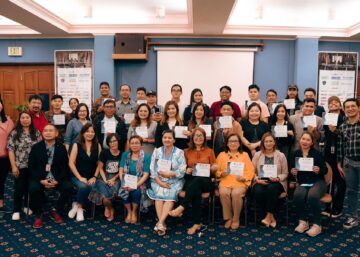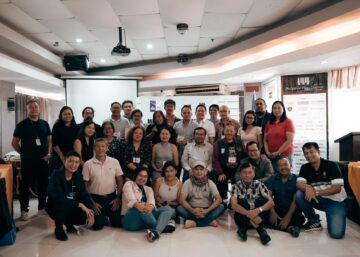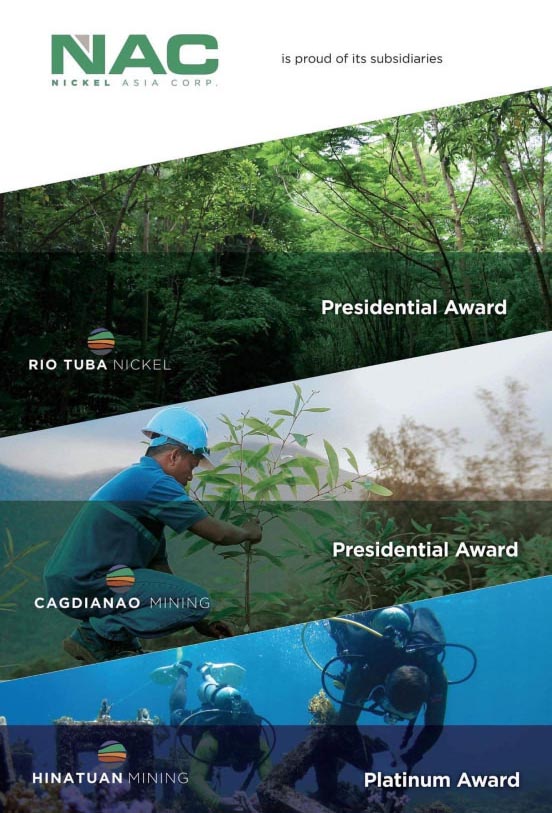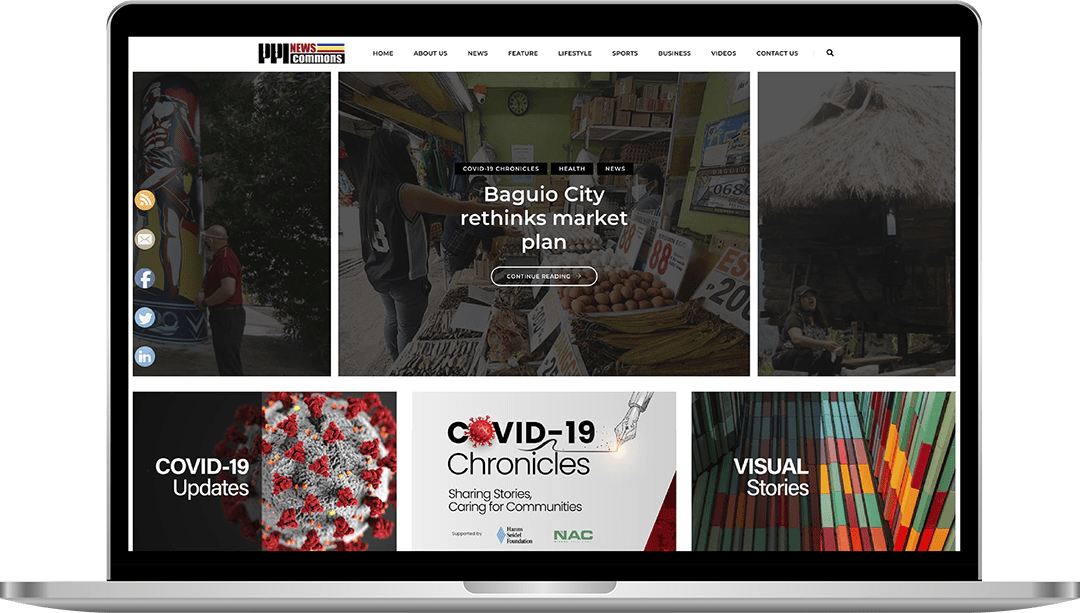
Press Release
Moving to online classrooms. Shortening class hours. Compressing learning modules. In the past year, communication schools in the Philippines have undergone unanticipated changes in the content and delivery of their academic programs, focusing on the most essential learning competencies and maximizing learning time.
While undertaking these transformations, the Miriam College Department of Communication has simultaneously completed its research in the ASEAN region, taking the first step in the development of an ASEAN Communication Competency Framework to serve as a basis for developing communication qualifications.
The only college among universities recognized as Center of Development (COD) in Communication by the Commission on Higher Education (CHED), Miriam College conducted its CHED-supported project, “Jumpstarting the ASEAN Communication Competency Framework in Philippine Higher Education Institutions.”
From 2018-2019, its research team analyzed existing communication curricula across ASEAN and conducted interviews with the ASEAN Quality Assurance Network (AQAN), the ASEAN University Network (AUN), and representatives of selected ASEAN schools that are founding members of AUN: Universiti Kebangsaan Malaysia (UKM) in Malaysia; Nanyang Technological University (NTU) in Singapore; University of the Philippines (UP) Diliman in the Philippines; Chulalongkorn University (CU) in Thailand; and Universitas Airlangga (UNAIR) in Indonesia. The members of the research team are Dr. Ma. Margarita Alvina-Acosta, Dean of the College of Arts and Sciences; Dr. Jose Reuben Q. Alagaran II; Ms. Lynda Catindig-Garcia, Chairperson of the Department of Communication; and Ms. Therese Patricia S. Torres.
The findings provide inputs to the enhancement of communication schools’ programs, enabling them to empower students with the competencies they need in order to compete in the ASEAN market and facilitate greater mobility in education and employment. The results reveal the need to prioritize the enhancement of seven key competencies: writing, digital skills, research and analytical skills, speech communication, communication management and entrepreneurship, ethics, and cross-cultural communication.
Miriam College has invited communication schools from Luzon, Visayas, and Mindanao to participate in a series of online events about the study.
The Luzon leg of the online event, Gearing Up Towards an ASEAN Competency Framework for Communication Schools: Research Presentation and Workshop, was on March 6.
Among the points raised by heads/representatives of communication schools from Luzon were the need to align the academic calendar of Philippine schools with the calendar of ASEAN universities, and the importance of networking with schools in the Philippines and abroad. Training and retooling teachers and identifying ways to operationalize the recommendations were mentioned. Participants also pointed out the schools’ need to adapt to the “new normal” and address access and connectivity concerns; modular learning, using printed and digital modules, was recommended.
Participating schools included Adamson University, Angeles University Foundation, Assumption College, Ateneo de Manila University, Baliuag University, Centro Escolar University, Colegio de Dagupan, Columban College, Inc., Divine Word College of Laoag, Far Eastern University, First Asia Institute of Technology and Humanities (FAITH Colleges), Holy Angel University, Imus Institute of Science and Technology, Kolehiyo ng Lungsod ng Lipa, La Verdad Christian College-Caloocan, Laguna University, Mariano Marcos State University, PHINMA University of Pangasinan, Polytechnic University of the Philippines, Sacred Heart College, Saint Louis University, St. Dominic College of Asia, STI Caloocan, Thames International, Trinity University of Asia, University of Perpetual Help System DALTA (Molino, Alabang, Las Piñas), University of the Cordilleras, University of the Philippines Baguio, University of the Philippines Diliman, and University of Santo Tomas.
#









